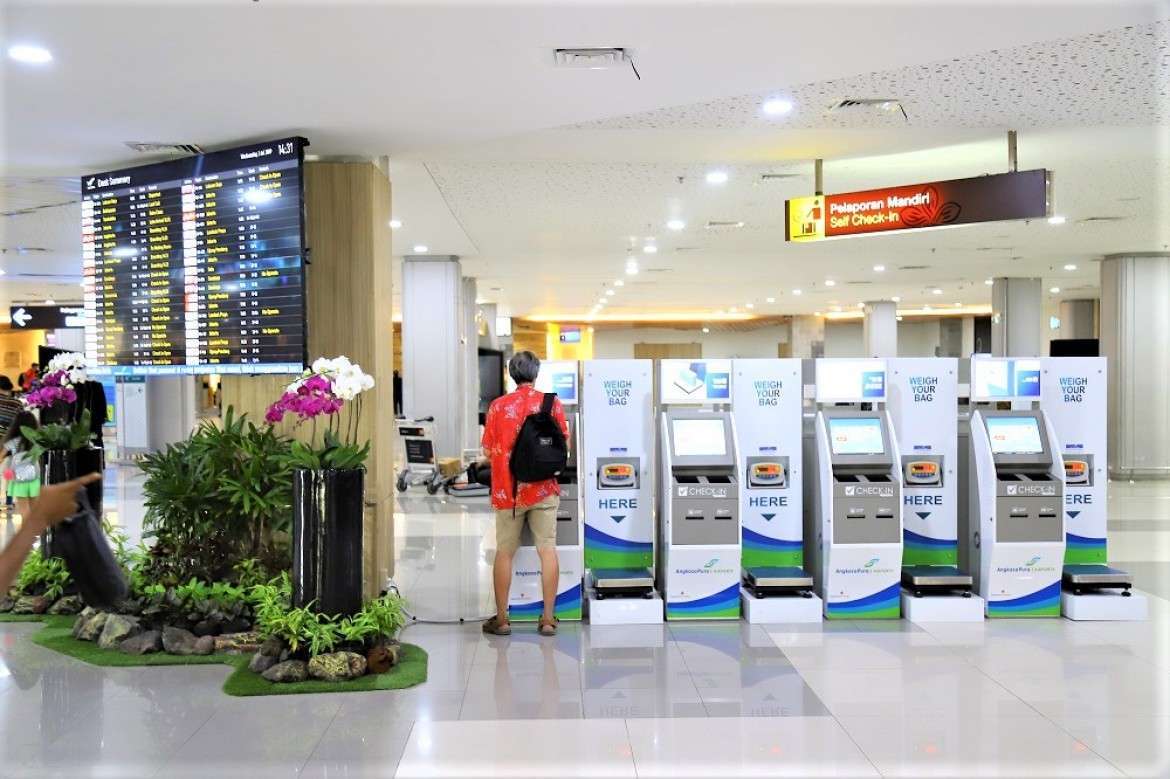Bali’s Tourism Tax Levy, introduced in February 2024, is set to undergo stricter enforcement measures in 2025 as local authorities strive to address compliance issues. The mandatory IDR 150,000 fee applies to all international tourists, including children, and aims to support sustainable tourism efforts. Despite its noble intent, data reveals that approximately 60% of international arrivals have failed to pay the fee, prompting the provincial government to enhance its enforcement strategies.
The mandatory fee applies to all international tourists, including children, and aims to support sustainable tourism efforts.

Implementing Routine Verification
Recent spot checks conducted at prominent cultural attractions, such as Tanah Lot Temple, have highlighted the scale of the issue. Officers from the Bali Tourism Office and Tourism Task Force now routinely verify tax payments at the entry and exit points of these landmarks, ensuring that the tourist experience remains uninterrupted. Visitors are required to present a QR code voucher as proof of payment, which they receive upon completing the process. Tourists who have not paid the levy are prompted to settle the fee on-site using card payments, as cash transactions are not accepted.
For many travelers, the most convenient way to fulfill this obligation is through the LoveBali website. This platform allows users to make payments online before arriving on the island. However, the website has faced usability challenges, such as compatibility issues with mobile devices, VPNs, and ad blockers, which have deterred some from completing the payment. To address these barriers, tourists are advised to use desktop devices and ensure a smooth browsing experience when making their contributions.
Integrated Payment Facilitation
To simplify the process further, several hotels and resorts in Bali have begun offering payment facilitation services for their guests. Additionally, a dedicated counter at I Gusti Ngurah Rai International Airport allows travelers to pay the levy upon arrival. Despite these measures, lack of awareness remains a significant hurdle, as many tourists remain uninformed about the tax or its purpose.

The Bali Provincial Government is working on implementing technological advancements to streamline compliance. Plans are underway to introduce automated scanners at the airport to verify tax payments upon entry. These improvements are expected to enhance convenience for tourists while ensuring that the levy is collected effectively.
Tax Levy Purpose: For Bali’s Greater Good
The Tourism Tax Levy is designed to fund essential initiatives that enhance the island’s appeal and sustainability. Proceeds from the tax are earmarked for projects that improve infrastructure, preserve cultural heritage, and promote environmental conservation. The funds also support disaster response services and enhance the overall quality of Bali’s tourism sector. By contributing, visitors play a vital role in ensuring the island’s long-term viability as a premier travel destination.
However, the absence of punitive measures for non-compliance has undermined the policy’s effectiveness. The government has signaled its intent to introduce sanctions for tourists who fail to pay the levy. Proposed penalties include fines amounting to ten times the fee or a week’s imprisonment. These measures aim to deter non-payment and reinforce the importance of contributing to Bali’s sustainable tourism goals.

Moving forward, the government plans to intensify its collaboration with accommodation providers and travel agents to raise awareness about the tax. By integrating the levy into travel packages and enhancing communication efforts, authorities hope to ensure that all tourists are informed and compliant before their arrival. Additionally, the introduction of auto-scanner technology at airports is expected to eliminate any ambiguity surrounding payment verification, creating a more seamless experience for travelers.




 Billy Bagus
Billy Bagus
 Jan 10, 2025
Jan 10, 2025






